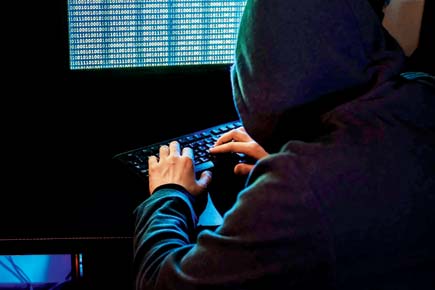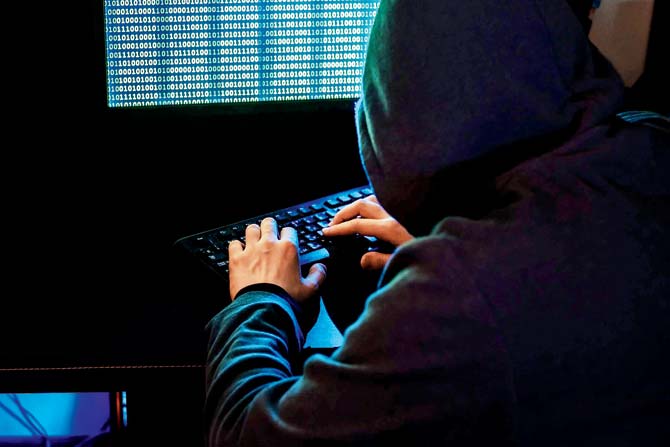A month after the IOC banned Russia from the 2018 Winter Olympics over doping concerns, hackers have released a set of emails related to the games set for February in South Korea


Representational Pic
ADVERTISEMENT
A month after the IOC banned Russia from the 2018 Winter Olympics over doping concerns, hackers have released a set of emails related to the games set for February in South Korea.
The new leaks might be a retaliation for the decision taken in December 2017, to bar Russia from participating in the Games in Pyeongchang by the International Olympic Committee, online news portal BuzzFeed News said.
Hackers, reported to be associated with the Russian government, were calling themselves "Fancy Bears" - a trolling reference to the Games' mascots.
On Wednesday, they published a handful of emails which date from late 2016 to spring 2017 and appear to be between IOC employees and third parties discussing the Russian doping conspiracy.
"These emails and documents point to the fact that the Europeans and the Anglo-Saxons are fighting for power and cash in the sports world," the Fancy Bears posted. Some of the emails' contents are encrypted.
The IOC neither commented on the post nor verified the authenticity of the emails but said "we do not comment on leaked documents".
According to cybersecurity firm ThreatConnect, a group with the same name "Fancy Bear" had used the same website and the same format to publish documents in 2016 that had been hacked from the World Anti-Doping Agency (WADA) in response to that agency's finding that hundreds of Russian athletes had taken banned substances.
The group is said to be associated with Russian military intelligence.
WADA has not disputed the validity of any of the hacked documents previously attributed to the organisation, the report said.
In December 2017, citing evidence that the Russian government had created a state-sponsored doping scheme, the IOC banned the country from participating in the Winter Olympic Games.
However, Russian Olympic Committee (ROC) had cleared national athletes for participation in the Games under the neutral status.
 Subscribe today by clicking the link and stay updated with the latest news!" Click here!
Subscribe today by clicking the link and stay updated with the latest news!" Click here!






